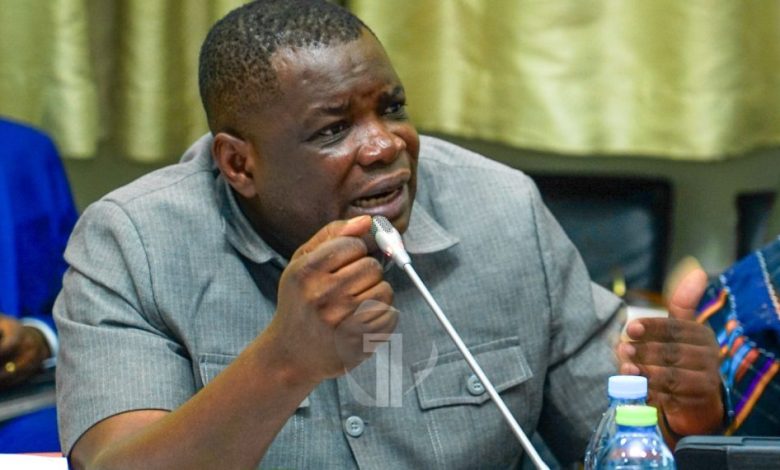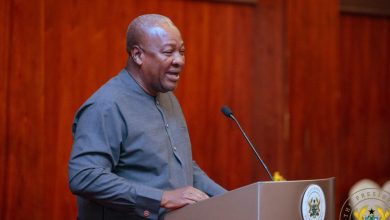Agbodza: Ghana’s Road Contracts Failing to Deliver Value for Money

Minister for Roads and Highways, Governs Kwame Agbodza, has raised an alarm over the flawed nature of many road contracts in Ghana, cautioning that the current system fails to ensure value for money and contributes to inefficiencies in the sector.
In an interview with Citi FM on Thursday, July 31, the minister emphasised the urgent need for reforms in the structuring and management of road contracts.
He argued that poor contract design, coupled with undue political interference, has hampered effective infrastructure delivery across the country.
“We cannot lay the blame solely at the feet of developers,” Mr Agbodza said.
“The issues lie within the way we, ourselves, have designed these contracts. Political directives often override technical considerations, pushing projects forward prematurely.”
He added that technocrats are frequently compelled to act on political instructions, even when the necessary preparatory work is incomplete.
“It’s not always the case that the professionals are making things difficult — they are often just following orders,” he stated.
The minister has previously disclosed that over 90 per cent of contractors nationwide remain inactive, largely due to funding shortfalls and systemic weaknesses in contract execution.









